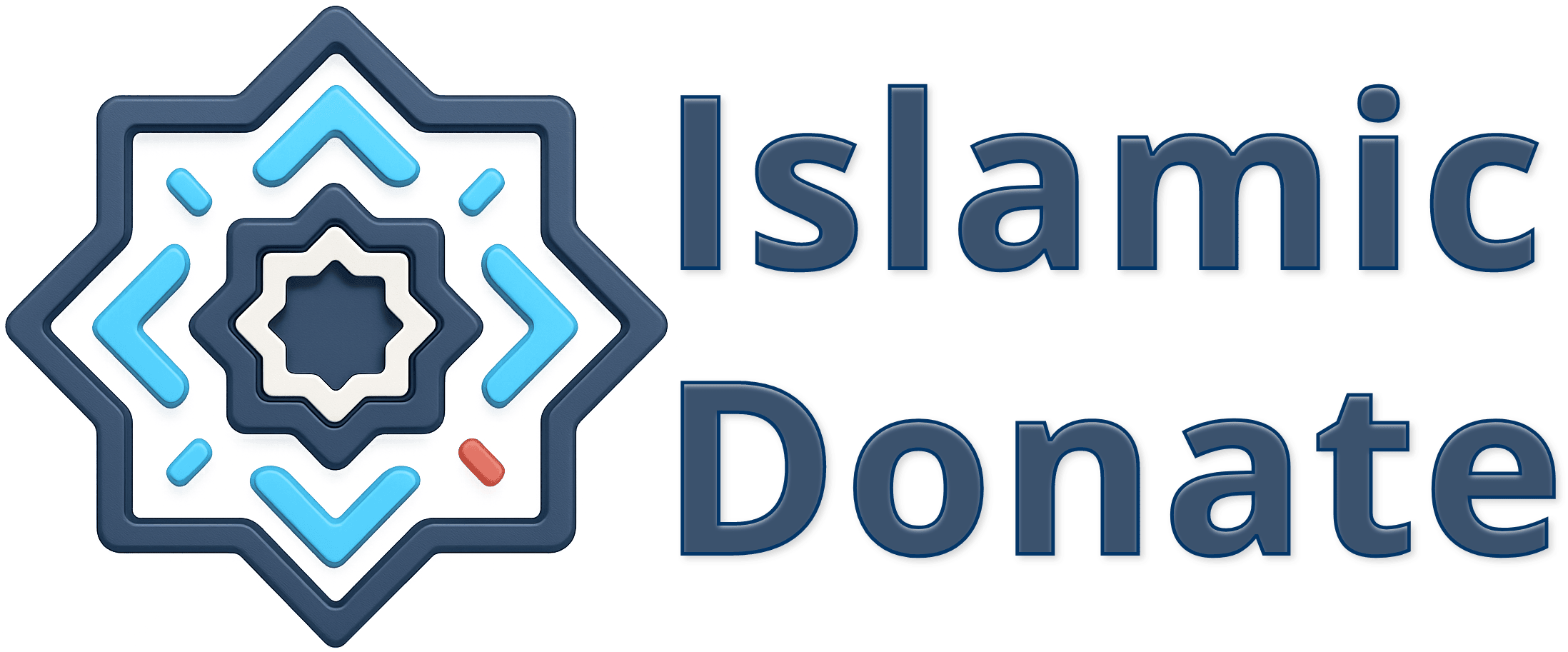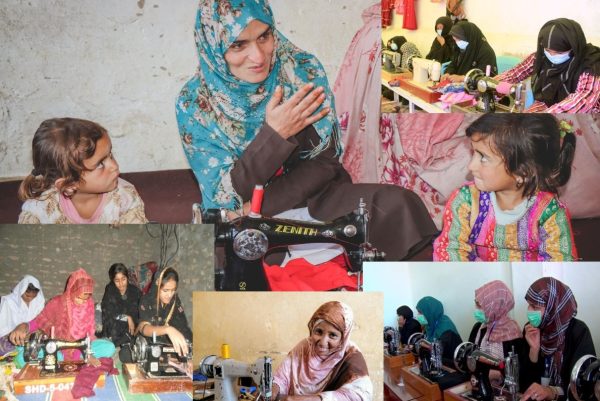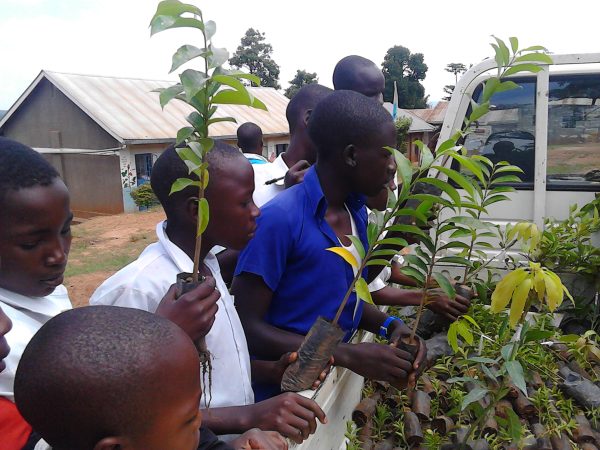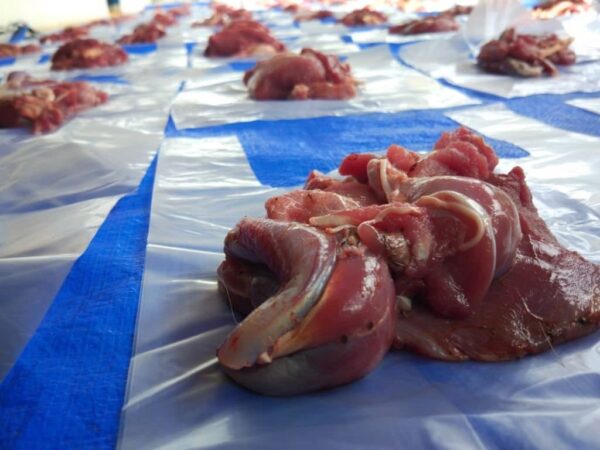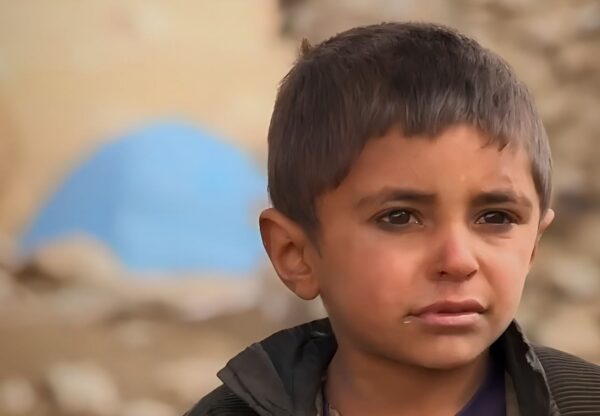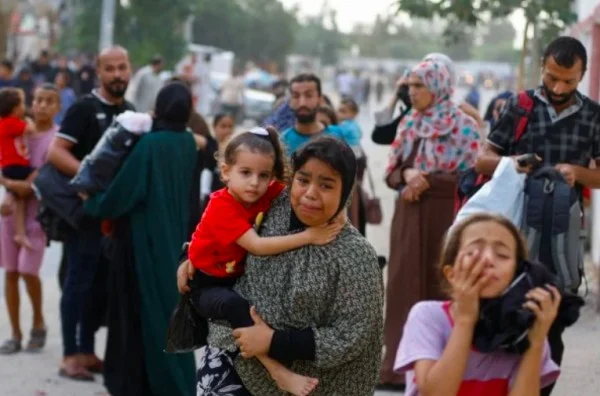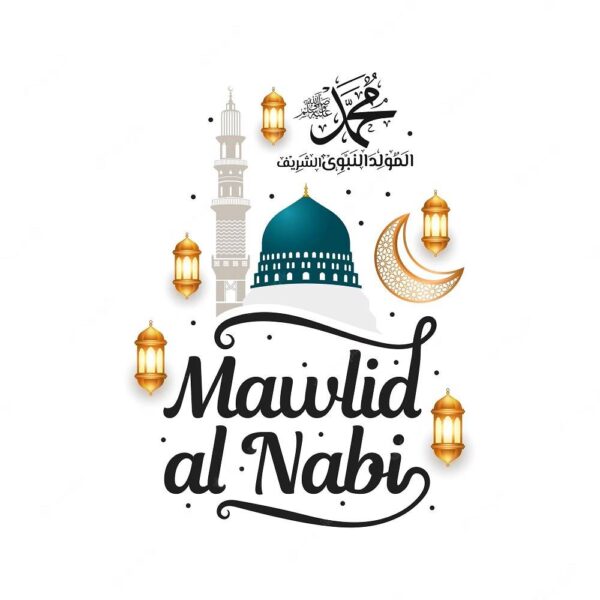In the fabric of society, every thread counts, every stitch matters. As members of Our Islamic Charity, we weave together the tales of transformation brought about by the sacred act of zakat. It’s more than charity; it’s a catalyst for change, a means to mend the tears of poverty and hunger that afflict our world. Here’s a report on how zakat has been a cornerstone in uplifting lives in 2024.
Stitching Skills: The First Sewing Workshop
Education is the needle that pulls the thread of opportunity through the cloth of society. This year, we launched our first Sewing Workshop, a program dedicated to threading skills into the hands of 40 individuals. These sessions weren’t just about learning a craft; they were about tailoring a future, cutting through the fabric of despair to reveal patterns of hope and self-reliance.
Crafting Careers: Empowering Families Through Sewing
From the hum of machines rose the buzz of progress. By establishing two sewing workshops and entrusting them to four families, we’ve turned lessons into livelihoods. The zakat you’ve entrusted to us has been invested in job creation, directly impacting 23 individuals. These workshops are more than centers of education; they are looms of economic stability, weaving a safety net that has rescued four families from the clutches of poverty.
The Fabric of Community: Zakat as a Social Bond
Zakat is a thread that binds the giver to the receiver, interlacing the fabric of our community with strands of compassion and solidarity. It’s a divine directive that sews together the patches of our society, creating a quilt of communal care. Your zakat has not only filled stomachs but has also fulfilled dreams, proving that when we give, we don’t just donate; we participate in the divine act of nurturing human dignity.
As we reflect on the impact of zakat in reducing poverty and hunger, let’s continue to support these initiatives. Let’s keep threading the needle, keep spinning the wheel, and keep crafting a tapestry of prosperity that drapes over every shoulder, warming every heart. Together, we can ensure that the legacy of zakat remains a vibrant and vital part of our community’s fabric for years to come. Thank you for being a part of this noble cause. May the blessings of giving continue to enrich us all.

